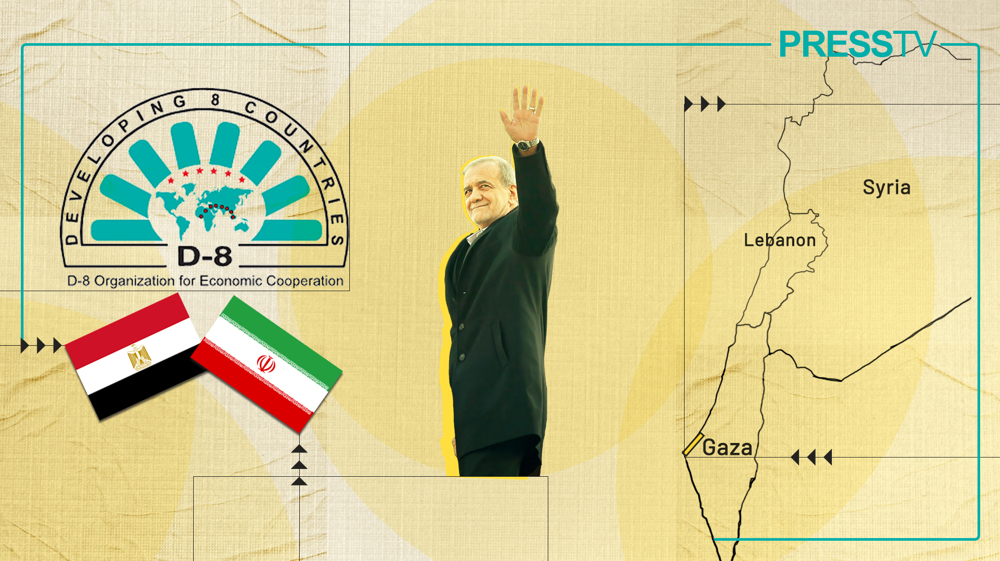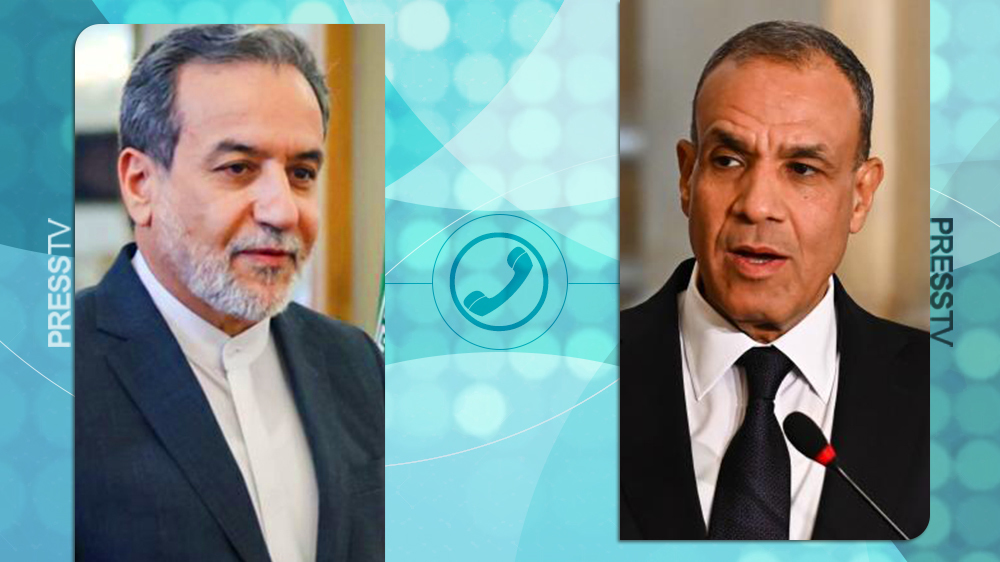Egypt forces kill Daesh leader, 15 militants in Sinai Peninsula
The Daesh Takfiri terrorist group has announced the death of one of its leaders in Egypt's restive Sinai Peninsula, where security forces also shot dead 15 militants in a separate encounter.
The terrorist group said in a recent message on Telegram that the Egyptian army killed Abu Hamza al-Maqdisi in an air raid. Maqdisi had been in charge of planning and training for the terrorist group in Sinai.
An unnamed Egyptian security source also confirmed that the top militant had been killed on Monday at Sheikh Zuweid in North Sinai province.
"Abu Hamza al-Maqdisi is one of the Daesh operatives who took part in their operations against the army," AFP quoted the source as saying.
Elsewhere in North Sinai, a separate security source said on Wednesday that police killed 15 militants during a raid in the provincial capital El-Arish. The "terrorist elements" were killed in an exchange of fire at a farm.
According to official figures, around 300 suspected militants and at least 35 soldiers have been killed since the February launch of the "Sinai 2018" operation.
The army launched the campaign on February 9 after President Abdel Fattah el-Sisi gave it a three-month deadline to crush the Daesh Takfiri terrorist group in Sinai.
Sisi has said setbacks by Daesh in Syria were driving its terrorists to try to relocate to Libya and Sinai. The group has killed hundreds of soldiers, policemen and civilians, mainly in its North Sinai stronghold but also elsewhere in Egypt.
The Sinai Peninsula has been under a state of emergency since October 2014, after a deadly terrorist attack left 33 Egyptian soldiers dead.
Over the past few years, terrorists have been carrying out anti-government activities and fatal attacks, taking advantage of the turmoil in Egypt that erupted after the country’s first democratically-elected president, Mohamed Morsi, was ousted in a military coup in July 2013.
The Velayat Sinai group, which is affiliated with Daesh, has claimed responsibility for most of the assaults. The group has expanded its attacks to target members of Egypt’s Coptic Christian community as well as foreigners visiting the country, prompting Cairo to widen its controversial crackdown, which critics say has mostly targeted dissidents.
VIDEO | Press TV's news headlines
Iran says Christmas opportunity to remind ourselves of Jesus Christ call for 'justice, peace'
VIDEO | Eyewitness video shows moment of plane crash in Kazakhstan
VIDEO | Lebanese Christians celebrate Christmas over ruins
Iran FM: ‘Too early’ to predict Syria’s future for those thinking ‘victories’ achieved
The big role of steel industry in Iran’s development
Yemen fires second hypersonic missile at Israeli targets in as many days
UK suspends 6,500 Syrian asylum claims after Assad's fall











 This makes it easy to access the Press TV website
This makes it easy to access the Press TV website